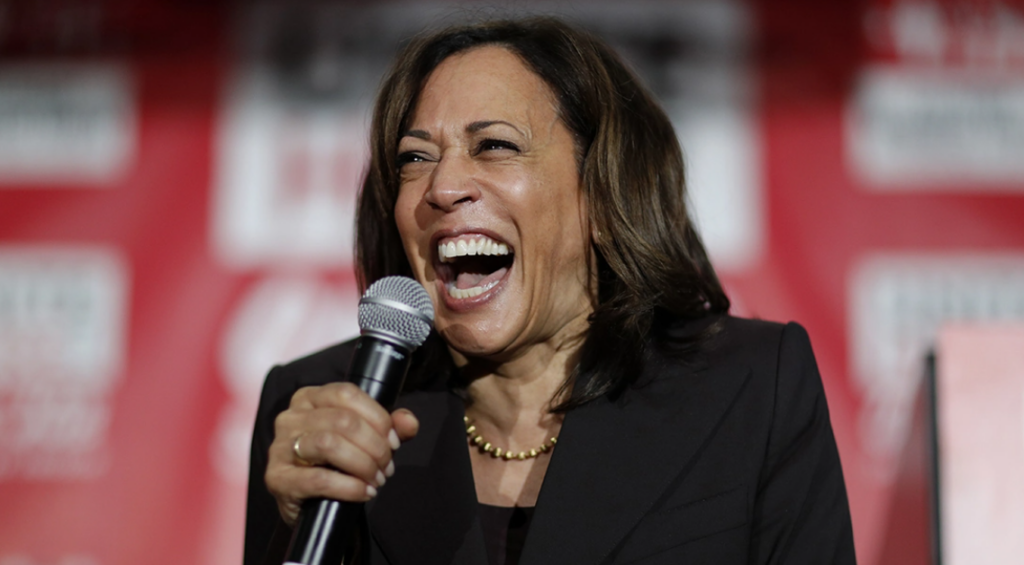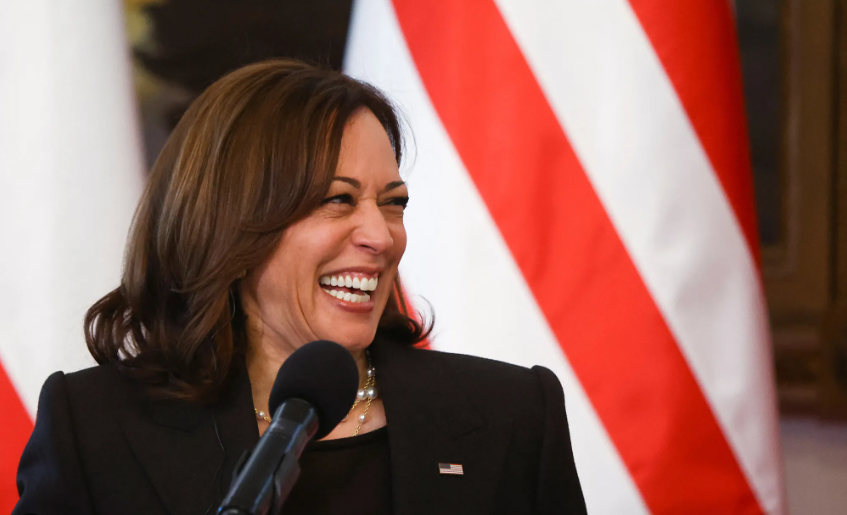
In a landscape where national security is paramount, the U.S. has been witnessing a remarkable legislative push, primarily led by states under Republican control. This surge in legislative action is not merely a statement of policy but a clear stance against what is perceived as a potential threat to the country’s sovereignty and security. Over two-thirds of the states are either enacting or mulling over laws that aim to put a check on foreign ownership of American land. While these laws address concerns related to several countries, the spotlight is undeniably on China, revealing the complex interplay of politics, security, and agricultural stability in the modern era.
The concern is not without its reasons. High-profile Republicans, including South Dakota Governor Kristi Noem, vocalize a scenario many find unsettling: the prospect of America’s food supply chain falling into foreign hands, particularly those of a nation considered adversarial. Noem’s legislation, which prohibits land purchases by entities from China and five other countries, reflects a growing trend among states to safeguard their agricultural bases from foreign control.
This legislative trend is part of a broader narrative of economic and political rivalry that resonates at both the state and national levels. It echoes the sentiments of former President Donald Trump, who has made economic measures against China a cornerstone of his political agenda, highlighting the deep-seated concerns about foreign influence in the U.S. economy and its potential implications for national security.
The move to restrict land sales is not an isolated phenomenon. It is part of a wider suite of actions aimed at curtailing Chinese influence, from limiting student enrollments to divesting state pension funds from Chinese investments. These measures reflect a heightened state of vigilance against potential security threats posed by foreign entities, with the land ownership laws serving as a critical battleground in this new era of geopolitical competition.
Critics, however, question the proportionality of these measures, pointing out that foreign entities own a relatively small fraction of U.S. agricultural land, with Chinese ownership pegged at a mere 0.03%. This has led to debates about the real versus perceived threats of such ownership, with some arguing that these legislative efforts might be more about political posturing than addressing genuine security concerns.
Amidst this backdrop, the issue has also stirred concerns about the potential for xenophobia and discrimination. Legislators and citizens alike are grappling with the challenge of protecting national interests without succumbing to baseless suspicions about individuals based on their nationality. The debate touches on fundamental questions about openness, fairness, and the right approach to securing America’s assets and interests in a globalized world.
The unfolding scenario is a complex tapestry of security, economy, and politics. It reflects the challenges nations face in safeguarding their interests in an increasingly interconnected and competitive global landscape. As the U.S. navigates these waters, the actions taken today will not only shape its agricultural and economic policies but also its standing on the world stage, testing the balance between national security and the principles of openness and fair play that have long characterized its approach to the world.
In essence, this legislative wave is more than just laws on the books; it’s a reflection of the evolving dynamics of international relations, national security, and economic strategy in the 21st century. As these discussions advance, they underscore the need for a nuanced understanding of the global interplay of power, resources, and the unending quest for security in an uncertain world.











